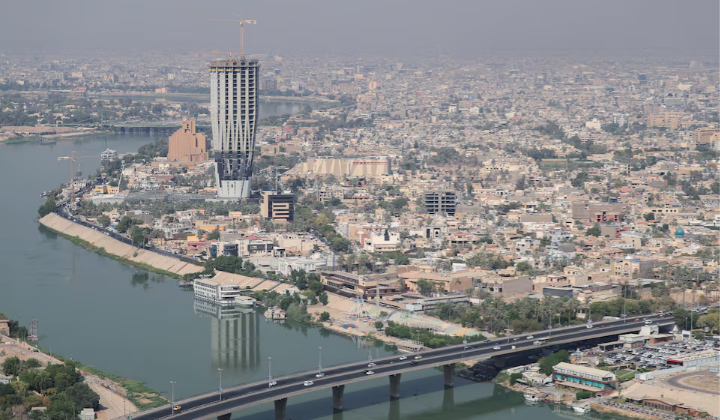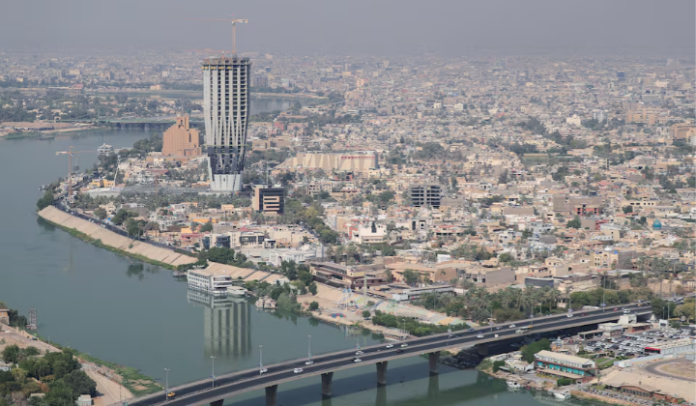As tensions escalate between the U.S. and Iran, the Biden administration has begun pulling certain government personnel from key regions in the Middle East, citing “heightened security risks.” The partial evacuation includes military dependents and non-essential embassy staff, particularly in Iraq, Bahrain, and Kuwait.
The decision comes as fears rise over Iran’s nuclear ambitions and possible retaliation if provoked. Speaking to reporters on Wednesday, President Donald Trump confirmed the move, warning, “It could be a dangerous place… They can’t have a nuclear weapon.”
U.S. Moves Reflect Mounting Regional Threats
According to senior U.S. and Iraqi officials, the evacuation is a precautionary response to growing instability in the region. Reports of the evacuation caused oil prices to jump more than 4%, signaling just how sensitive the market is to developments in the Middle East.
While the U.S. embassy in Kuwait remains fully operational for now, voluntary departures have been authorized in both Bahrain and Kuwait. Meanwhile, the U.S. State Department updated its global travel advisory, ordering non-emergency staff to leave due to the volatile situation.
A key focus remains on Iraq, where 2,500 American troops are currently stationed. Despite Baghdad’s government claiming there are no specific threats justifying an evacuation, U.S. officials have taken no chances.
Nuclear Tensions Reach Boiling Point
The timing of the evacuation is no coincidence. The Iran-U.S. nuclear negotiations are deadlocked, with intelligence suggesting Israel may be preparing for military strikes on Iran’s nuclear facilities. Iran’s Defense Minister, Aziz Nasirzadeh, warned of retaliatory strikes against U.S. military bases if Iran is attacked.
President Trump has made it clear that America will act if Iran pursues a nuclear weapon. In a recent interview, he expressed diminishing confidence in reaching a peaceful resolution, hinting at potential military action if talks continue to stall.
Israel, Iran, and the Shadow of War
This development is part of a broader pattern of rising tensions across the Middle East. Iran and Israel have already exchanged fire directly on two occasions, marking a dangerous new chapter in regional conflict. Additionally, Iran-aligned groups in Iraq have targeted U.S. forces multiple times since the war in Gaza began in 2023.
Britain’s maritime agency has also issued warnings for commercial ships navigating the Gulf and surrounding waterways, cautioning that increased military activity could disrupt shipping.
What’s Next?

With nuclear talks scheduled in the coming days, the world watches anxiously. Iran is expected to present a counter-proposal to the U.S., but military threats still loom heavily over the discussions.
U.S. Army General Michael “Erik” Kurilla recently revealed he provided President Trump with a “wide range of options” to prevent a nuclear-armed Iran. Notably, he postponed his congressional testimony due to the mounting tension in the region.
Iran’s U.N. mission responded strongly on social media: “Threats of ‘overwhelming force’ won’t change facts: Iran is not seeking a nuclear weapon and U.S. militarism only fuels instability.”
As diplomatic paths narrow, the world stands at the edge of a potential flashpoint that could reshape the region and beyond.



